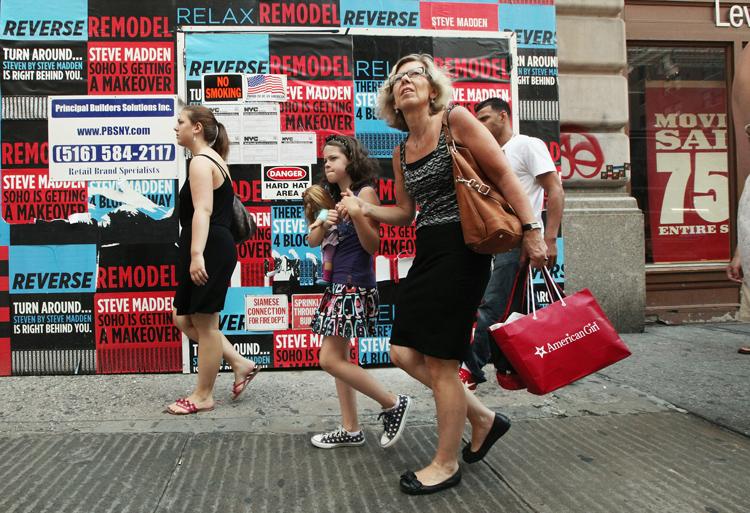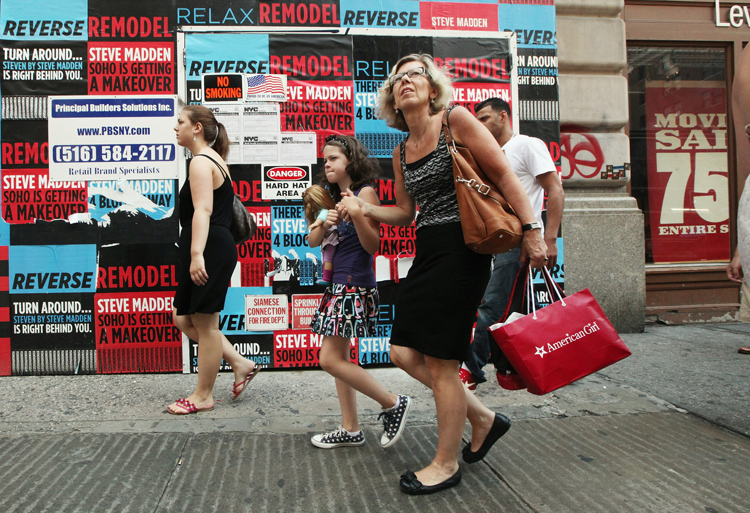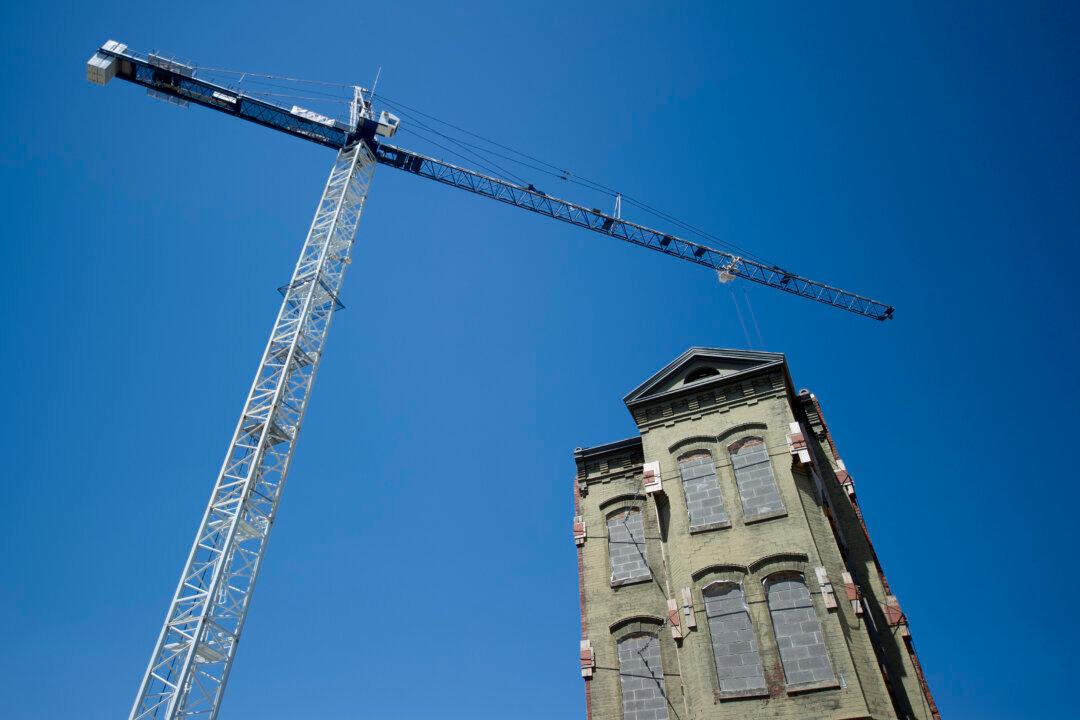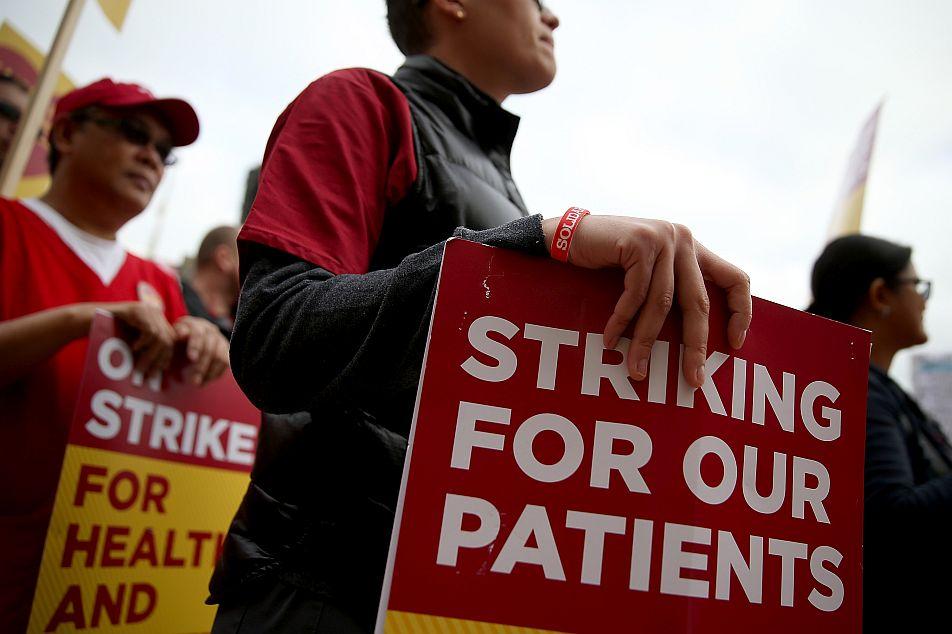US Retail Industry Facing Uncertain Future
“The last time U.S. retail sales fell three consecutive months was back in 2008, when the U.S. economy was in the depths of the recession...”
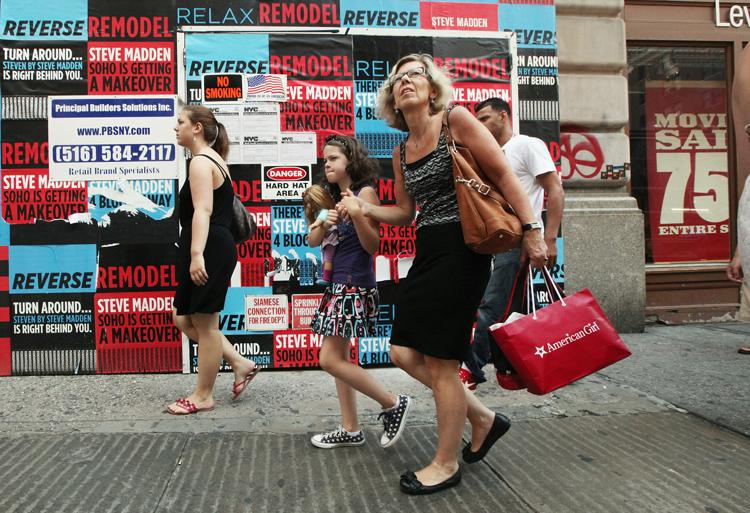
Shoppers and pedestrians walk up Broadway in New York City, July 16. Mario Tama/Getty Images
|Updated:
